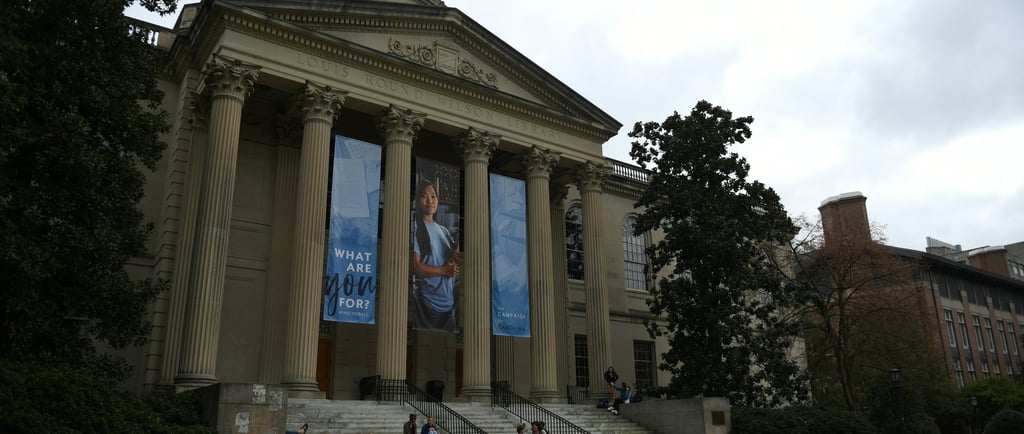NC GOP Replaces Inclusion With Ideology in Higher Education Overhaul
North Carolina Republicans ended their legislative session without passing a state budget—but not without targeting diversity, equity and inclusion (DEI).
NEWS
Staff
7/1/20251 min read


North Carolina Republicans ended their legislative session without passing a state budget—but not without targeting diversity, equity and inclusion (DEI). According to News Observer, in a series of swift moves, lawmakers approved three bills that effectively ban DEI initiatives in public schools, universities, and state agencies.
While Gov. Josh Stein may attempt a veto, the damage is largely done. Years of Republican criticism have already pressured public institutions to quietly scale back or eliminate DEI policies. Leaders now act preemptively, wary of further political backlash.
The irony is glaring. While Republicans claim to be resisting “woke” ideology, they’re enforcing their own. They're deciding who gets admitted, who gets hired, and what can be taught—often without input from faculty or educators. Last week, as North Carolina lawmakers axed DEI programs, Florida Gov. Ron DeSantis announced a new accrediting body for public universities. Joining Florida are systems in Texas, Georgia, South Carolina, Tennessee—and the University of North Carolina.
Independent accreditors have guided U.S. higher education for more than a century, ensuring academic standards and safeguarding federal aid eligibility. But Republican lawmakers and political appointees increasingly view these agencies as obstacles—especially when they defend academic freedom or expect faculty involvement in curriculum decisions.
Belle Boggs, president of the North Carolina chapter of the American Association of University Professors, said the shift toward a “friendlier” accreditor signals ideology, not neutrality. “Joining any higher education effort announced by Ron DeSantis is very concerning,” Boggs said. “It won’t attract top faculty and will ultimately hurt North Carolina’s students and economy.”
UNC’s split with its current accreditor, the Southern Association of Colleges and Schools, followed objections to the legislature-backed School of Civic Life and Leadership—created without faculty input. The school is part of a broader trend: using public funding to establish conservative academic centers, after years of criticizing safe spaces for liberal students.
Now, conservative lawmakers are crafting ideological spaces of their own. In trying to stamp out DEI, they’ve imposed a narrow worldview—one that silences opposing voices and reshapes public education in their image.
Connect
Discover businesses aligned with your values today.
info@goodmoney-app.com
© 2025. All rights reserved.
Write your text here...
A Subdivision of Original Media Group LLC.

